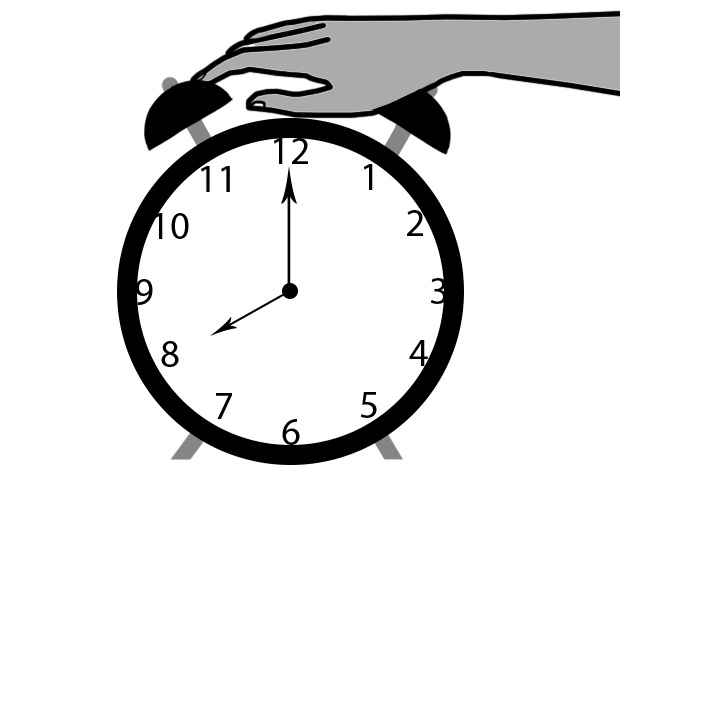Editorial: Class time slot changes are sensible
Some classes on Monday, Wednesdays and Fridays will start at 8:00am in the Fall 2016 semester.
Academics are a timeless enterprise and that’s no less true for Case Western Reserve University. That’s why the recent changes to future course time slots (the specific blocks of time courses are permitted to take place) gave us the jolt only alarm clocks do.
The key change is a 15-minute break between all classes. It’s certainly possible to have a class in Clark and Rockefeller back to back, and that extra five minutes would help then, but we doubt that would be the case for a majority of students. Instead, this will be a better chance for them to rehydrate and nibble on something before their next class or perhaps have a quick chat with a friend. All these activities might make it easier to pay attention in class. What the change will really allow for, education-wise, is a chance to ask your professor that lingering question and perhaps strike up an interesting conversation.
You also get to spend longer intervals of time in class. There is a new, earlier Monday, Wednesday and Friday 75-minute slot. Almost all classes on Tuesdays and Thursdays will also be 75 minutes. For those unsure whether class time helps them, that 25-minute increase might make it worth it. Waking up on time and being prepared for an early 8:30 a.m. Tuesday class might feel like it’s worth more if the class itself is longer.
When it comes encouraging class attendance, The Observer staff is split on the effects of earlier classes: The new 8 a.m. MWF or 8:30 a.m. T/R start time is too early for many of us. We’re not sure how awake students would be at these times, and the presence of MediaVision Courseware might be the perfect excuse not to get up that early.
The detrimental affects on academic performance are concerning, but in reality, a 30-minute shift back might amount to a significant difference.
That being said, many students will begin their work days earlier than most classes and will certainly have longer, albeit hopefully cozier, commutes. Rolling out of bed at 8:10 a.m. isn’t ever going to cut it in a 9-5 job, and perhaps it’s time to get used to it. (We’re talking to you, seniors.)
Those who do commute to campus won’t agree with that sentiment. We hope this means future sensible decisions in terms of professors cancelling early classes and the university following suit when the bad weather hits. Forcing anyone to drive dangerously to make an 8 a.m. test isn’t the right way to educate.
What commuters will hate the most is the new 7:30-10:30 p.m. final exam time slot, which goes later than any other regularly scheduled class. (Those who have an exam in this slot won’t be scheduled another exam in the morning, however.) That’s late to be driving and depending on distance from the school, not the safest. For all students, we’d like to see extra greenies to be made available to shepherd these students home or to their cars during the late-night exams.
The 7-9:30 p.m. time frame is late to be in class. If a student also has a morning class, they will have barely enough time for eight hours of sleep. Evening classes will further interfere with extracurriculars, which already purposefully meet in the evening to avoid disputes with classes
Overall, students shouldn’t see too much of a change in class time slots, excluding the length in between classes, themselves. We expect an increase in class engagement, but also for a chance to unwind, especially for those with classes clustered together.
We have all faced the struggle of getting up early in high school. Still, we anticipate a mix of groaning but also growing from CWRU. We hope that extracurriculars won’t face class time conflicts.
Only time will tell.


